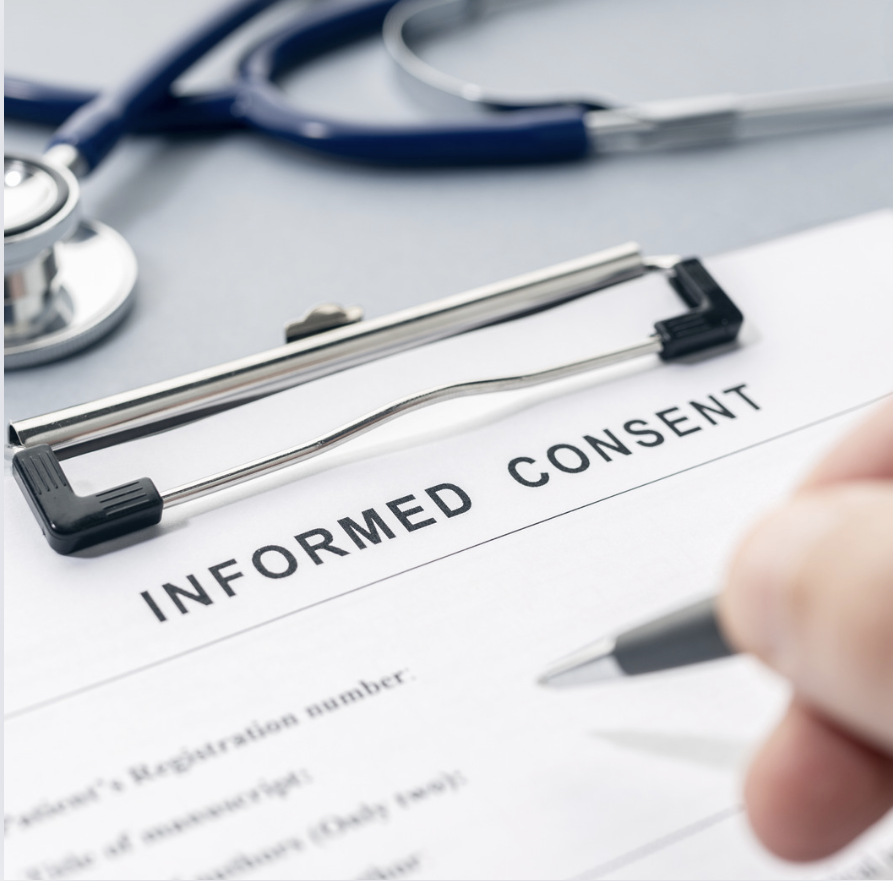What are the 3 trimesters of pregnancy?
Pregnancy is divided into three trimesters, each lasting approximately three months:
- First Trimester: This spans from weeks 1 to 12 of pregnancy.
- Second Trimester: It covers weeks 13 to 27.
- Third Trimester: The final stage, from week 28 until the birth.
How long is each trimester?
Each trimester in the UK, like in most countries, lasts around three months. However, it’s important to note that pregnancies can vary slightly in duration, so these timeframes are approximate.
What is the 1st trimester, 2nd trimester, and 3rd trimester?
- First Trimester (Weeks 1-12): During this period, your body is adjusting to the early stages of pregnancy. The first trimester is marked by significant changes, including the development of vital organs and the formation of the placenta. Common pregnancy symptoms like morning sickness and fatigue are often experienced during this time.
- Second Trimester (Weeks 13-27): The second trimester is often considered the most comfortable. You’ll likely experience fewer symptoms from the first trimester and feel more energised. Baby’s movements become more noticeable, and you’ll start showing a baby bump. It’s a good time to start preparing for childbirth and your baby’s arrival.
- Third Trimester (Week 28-Birth): As you enter the third trimester, your body undergoes significant changes in preparation for childbirth. You’ll continue to gain weight, and your baby will grow rapidly. Discomforts like backache and swollen feet may become more noticeable. It’s a crucial time to finalise your birth preferences and ensure you’re ready for birth and postnatal recovery.
Why are the first 12 weeks of pregnancy often considered challenging?
The first 12 weeks of pregnancy can be challenging for several reasons:
- Morning Sickness: Many expectant parents experience morning sickness during the first trimester, and it often peaks around week 12. Nausea and vomiting can be particularly challenging during this time.
- Fatigue: The first trimester is marked by increased tiredness, which can make everyday activities more difficult.
- Emotional Changes: Hormonal fluctuations can lead to mood swings and heightened emotions.
- Uncertainty: It’s still relatively early in the pregnancy, and some parents-to-be may feel anxious about the health and well-being of their baby.
However, it’s important to remember that every pregnancy is unique. Some individuals may have an easier time during the first trimester, while others may find it more challenging.
It’s essential to seek support and guidance from healthcare professionals and consider joining a community or subscription platform like PregnaHub® to access expert advice and connect with others going through similar experiences.




